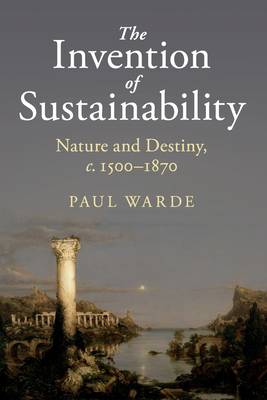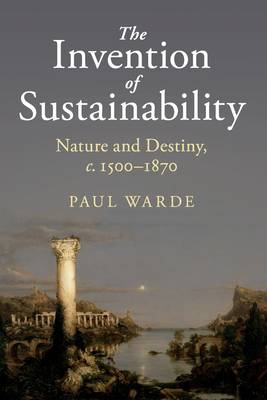
- Afhalen na 1 uur in een winkel met voorraad
- Gratis thuislevering in België vanaf € 30
- Ruim aanbod met 7 miljoen producten
- Afhalen na 1 uur in een winkel met voorraad
- Gratis thuislevering in België vanaf € 30
- Ruim aanbod met 7 miljoen producten
Zoeken
€ 57,95
+ 115 punten
Omschrijving
The issue of sustainability, and the idea that economic growth and development might destroy its own foundations, is one of the defining political problems of our era. This groundbreaking study traces the emergence of this idea, and demonstrates how sustainability was closely linked to hopes for growth, and the destiny of expanding European states, from the sixteenth century. Weaving together aspirations for power, for economic development and agricultural improvement, and ideas about forestry, climate, the sciences of the soil and of life itself, this book sets out how new knowledge and metrics led people to imagine both new horizons for progress, but also the possibility of collapse. In the nineteenth century, anxieties about sustainability, often driven by science, proliferated in debates about contemporary and historical empires and the American frontier. The fear of progress undoing itself confronted society with finding ways to live with and manage nature.
Specificaties
Betrokkenen
- Auteur(s):
- Uitgeverij:
Inhoud
- Aantal bladzijden:
- 419
- Taal:
- Engels
Eigenschappen
- Productcode (EAN):
- 9781316601150
- Verschijningsdatum:
- 28/11/2019
- Uitvoering:
- Paperback
- Formaat:
- Trade paperback (VS)
- Afmetingen:
- 152 mm x 229 mm
- Gewicht:
- 612 g

Alleen bij Standaard Boekhandel
+ 115 punten op je klantenkaart van Standaard Boekhandel
Beoordelingen
We publiceren alleen reviews die voldoen aan de voorwaarden voor reviews. Bekijk onze voorwaarden voor reviews.











